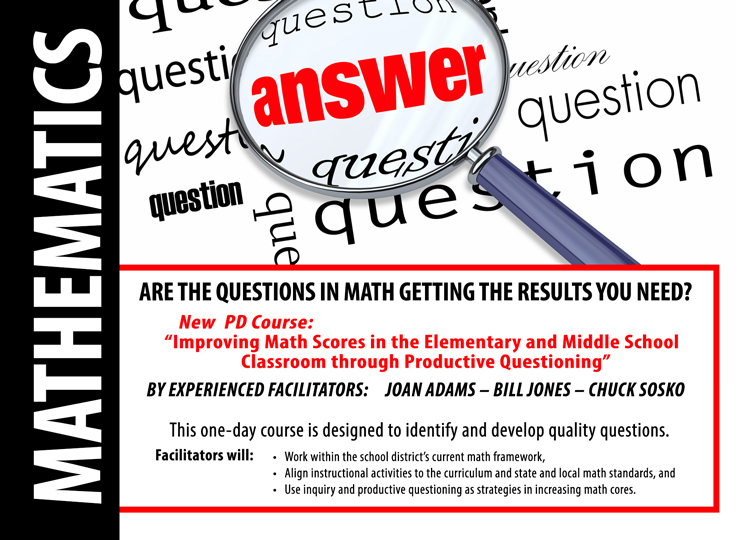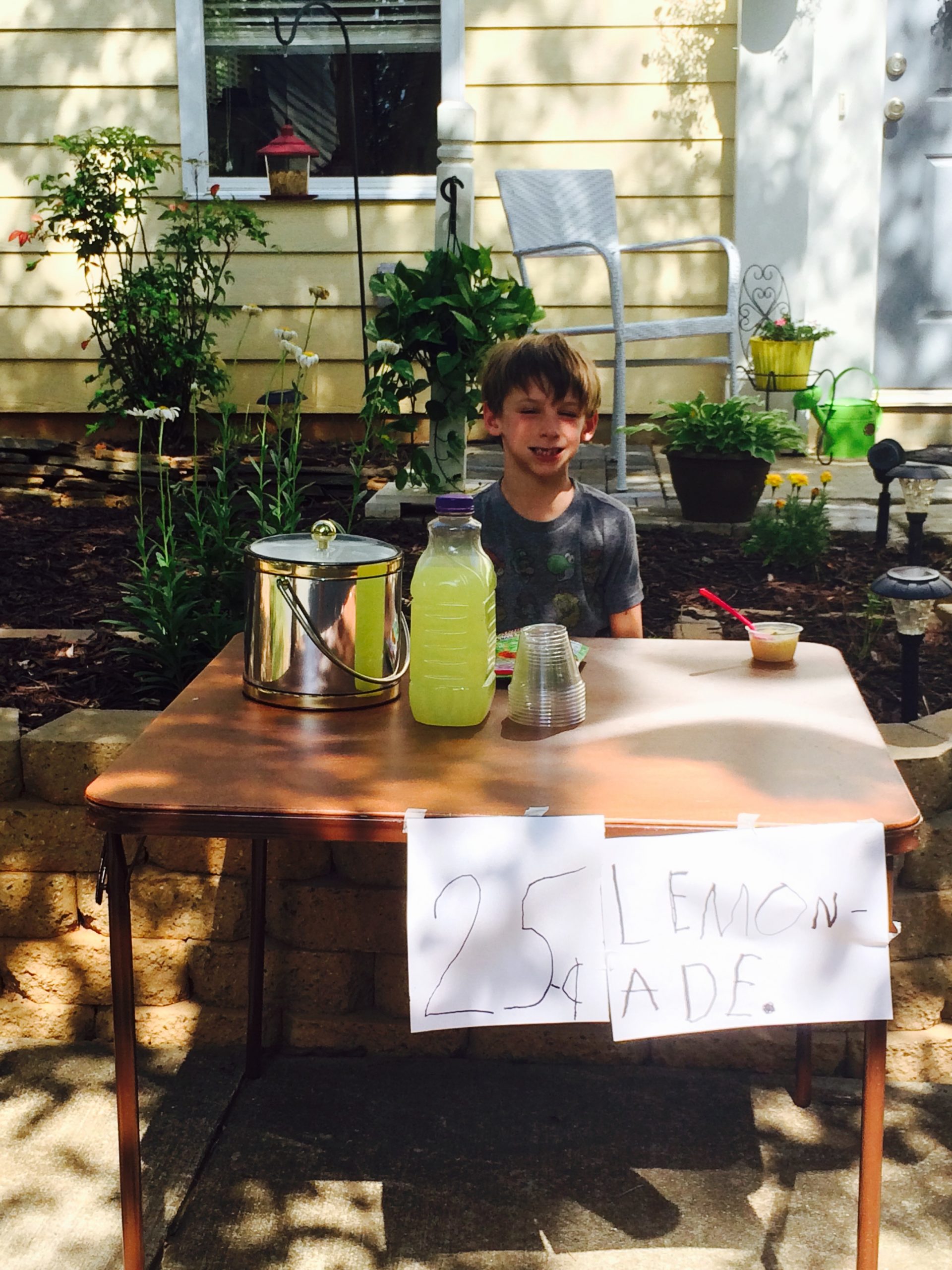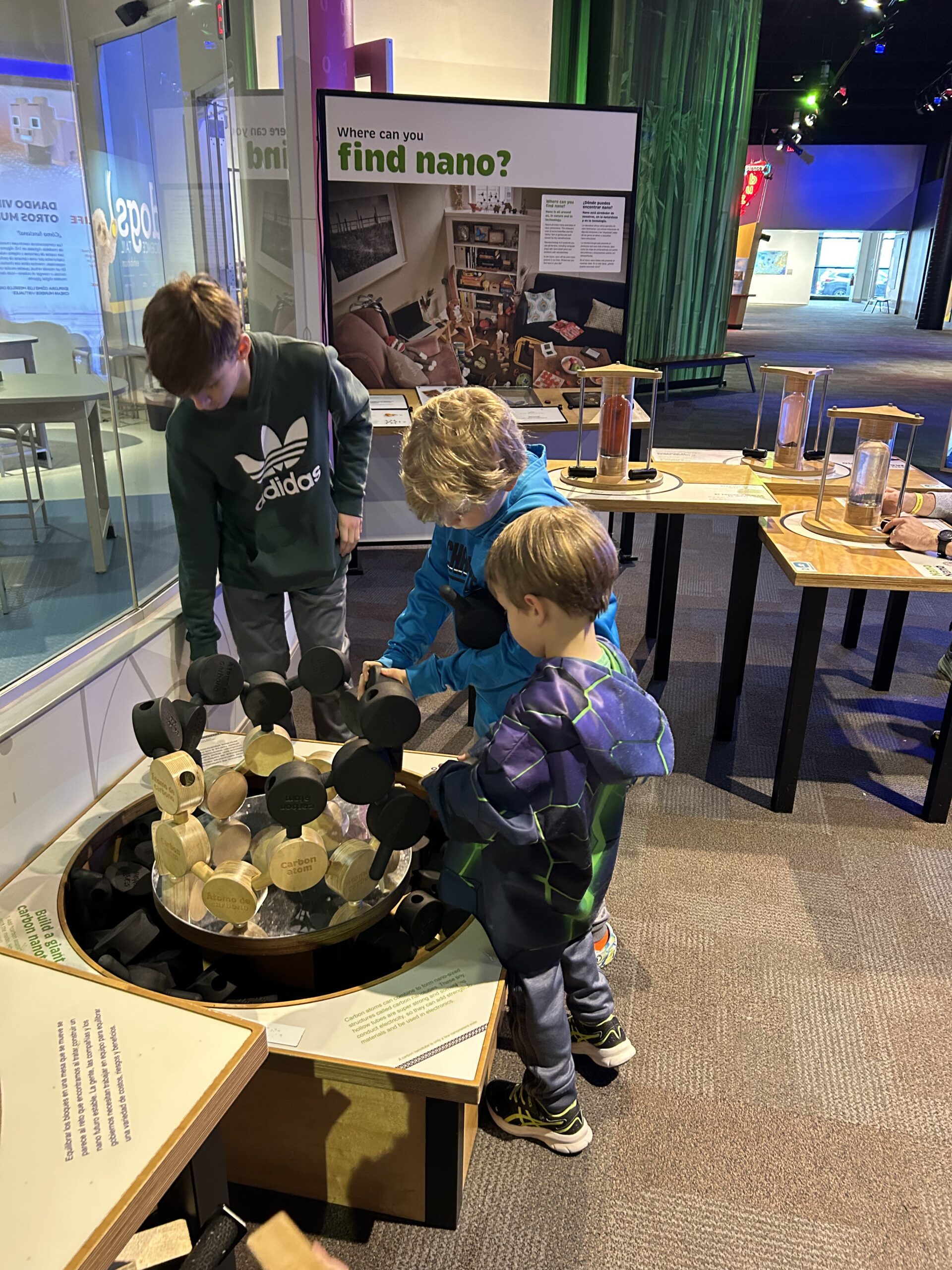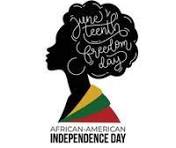Thinking critically is the ability to solve problems. With critical thinking, students conceptualize, apply, analyze, synthesize, and evaluate information. Thus, it guides students to make decisions that affect their lives. Keeping students away from information in history and books stifles their developmental process. Critical thinking is important to personal growth.
Efforts to censor or ban certain discussions in school are on the rise. Classroom censorship means controlling and limiting the freedom of speech. Students can no longer get answers to certain questions. With this lack of answering questions that concern students, they form false judgments. This leads to misconceptions.
Thinking Critically Feeds the Student
To feed the critical thinker, they must have knowledge of the past and present. With interactions and changing circumstances, the student encounters new evidence and gains a broader vision of the subject, concern, or issue. It is the right of students to receive an accurate and valid education.
Students in the early grades require more than reading, writing, and math skills. They need to learn to think critically, so they are successful today and in the future.
Educators must help students to handle complex issues through research and discussions. Placing limits and decisions on schools and what is to be taught takes the goal of building thinking skills away from students. Teaching becomes a matter of right and wrong.
Critical Thinking is Necessary
Students have a large amount of information available to them through media. They need to consider the information and use critical thinking skills to address the information rather than accept it at face value.
- Students must learn to examine information.
- They need to check the source of the information.
- Learn active listening skills so students form answers.
- List and consider other opinions and options.
- Gather opinions and ask more questions.
- Consider information from sources other than social media.
Students need to use thinking skills to analyze information objectively. Thus, they can make reasonable judgments. They must search for sources and gather facts. The information must be at their fingertips. Educators must be free to provide students with answers to questions.
Creating students that are good critical thinkers makes them trustworthy adults. They think independently when solving problems. They examine the information and apply the information to solve problems. The censorship of information keeps students from the critical thinking skills they need to become reliable and responsible adults.



